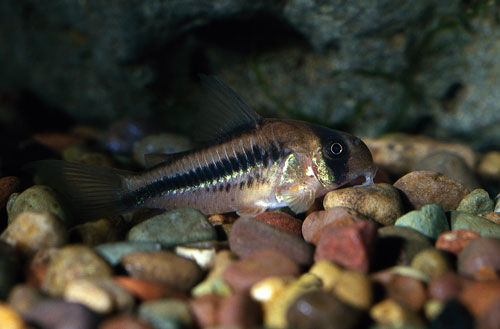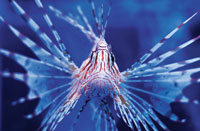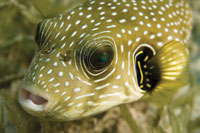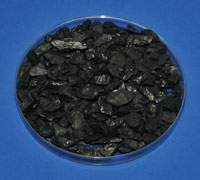Plainly put, fish is great for you. The fats in fish bear a special type of fat, omega-3 fatty acids which is conceived to aid in the prevention heart ailments and other health problems. Fish is ample in calcium and phosphorus and an outstanding supply of minerals, such as iron, zinc, iodine, magnesium, and potassium. Fish was in all likelihood among the basic foods downed by our forebears populating alongside bodies of water that have blanketed over two-thirds of the earth’s surface for millions of years. Since early times until the present, marine animals of all shapes and sizes populate salt waters skirting islands and longer coastlines of huge land masses; salty waters found in river deltas linking mainland to the sea; and the freshwater lakes, streams and ponds. Before the uncovering of fire and cooking with heat, they devoured food raw, salted with sea water and dried together with other foods foraged from the wild. Raw sashimi and ceviche are still standard but are now taken off a plate with chopstick or forks. Thousands of years after, in the present modern day years, the human race carries on to harvest the gift of the ocean with multi-million dollar fishing vessels catching tons of fish in one go using an assortment of methods that gather deep sea species or those dwelling on the water’s surface. One the other end of the line, an unsophisticated homemade fishing rod framed from a length of bamboo or tree branch, some fishing line, hook and bait can haul fish one at a time from an unmoving body of water like a pond. Fish is a leading food stock throughout the globe and can either be snagged from the wild or cultivated in open sea of fresh water pens, ponds and cages. There are literally hundreds of varieties that lend themselves to a potpourri of nutritious applications. Even the most tempered chef cannot pretend to have mastery over all because the flavor and texture of each kind varies. Many are as extreme as a dining room table like several kinds of deep sea tuna which are popular throughout various culinary arts of the world while others are puny like anchovies and sardines which are canned and make a handy breakfast, snack or sandwich. Others are indigenous to small bodies of water and can bring in high prices due to rareness. Environmentalists and animal right activists contest the consumption of some marine species due to low populations. In general, deep sea fish are higher in protein and omega fatty acids and low in saturated fat making it a favorite food for dieters. In fact, pescetaranism was formulated for those who abstain from consuming red meat but allow themselves seafood. Health benefits from eating a lot of fish include rise in brain function and heart health. At home, care must be taken to buy, clean, store and prepare fish as it can build up an off smell and dreadful taste quite easily if one doesn’t know how to buy and manage it. In general, look for bright eyes, red gills, firm flesh and complete scales which are all indicants of a fine specimen. Do not forget that the secret to cooking fish favorably is not to overcook. There's a delicate balance between perfectly done fish and overcooked fish. Fish toughen and lose flavor and moisture when cooked excessively long. They turn dry and tasteless. Fish are naturally tender and comprise of very little connective tissue. Unlike meat, they exact short cooking times at a high temperature. Fish can be easily cooked employing a variety of techniques including baking, steaming, frying, grilling, broiling, or slow cooking. Never be concerned to experiment with different recipes. Let your imagination run free and follow your taste.

 Top 10 Fishkeeping Mistakes
Aquarists can say they’ve never made a mistake in their fish
Top 10 Fishkeeping Mistakes
Aquarists can say they’ve never made a mistake in their fish
 Invasive Aquatic Species
Last column, we discussed invasive species and the potentia
Invasive Aquatic Species
Last column, we discussed invasive species and the potentia
 How to Get Rid of Cloudy Aquarium Water
Occasional cloudy water is an issue for nearly all aquarists
How to Get Rid of Cloudy Aquarium Water
Occasional cloudy water is an issue for nearly all aquarists
 Pufferfish Teeth Care
Because their teeth are constantly growing, pufferfish
Pufferfish Teeth Care
Because their teeth are constantly growing, pufferfish
 Aquarium Carbon
Whether it is for a small betta bowl, 6 million gallons
Aquarium Carbon
Whether it is for a small betta bowl, 6 million gallons